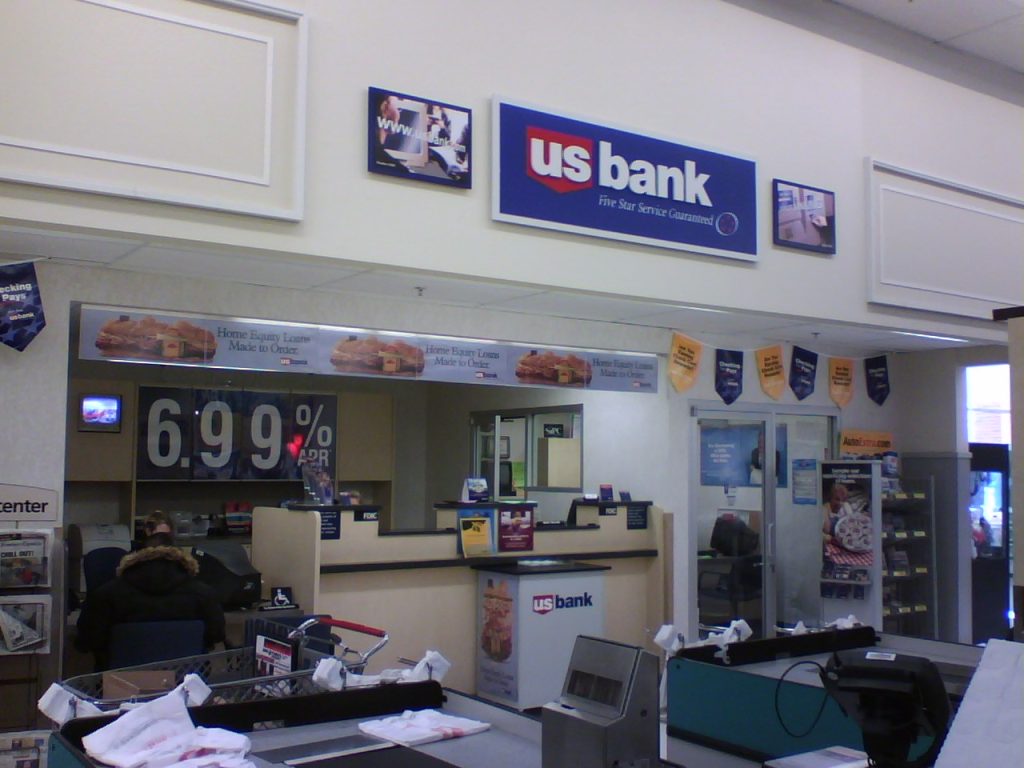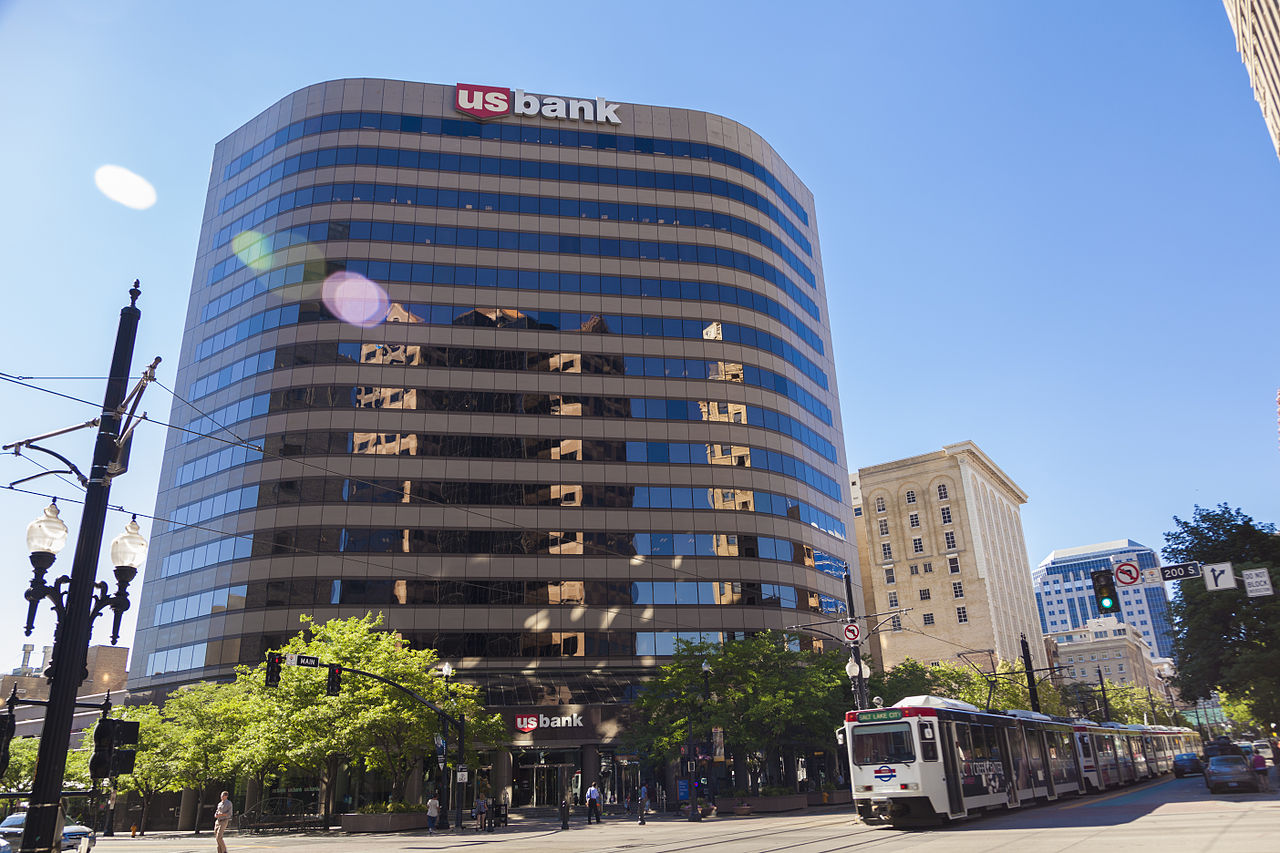In an effort to calm the market, the head of the US central bank has said that interest rates may go up more quickly and by more than expected.
Following the comments, which came just a few weeks before the bank is scheduled to make another rate announcement, US stocks dropped, and the dollar increased.

Many experts had anticipated an additional 0.25 percentage point rise.
However, the remarks imply that the bank could act more forcefully.
The Fed increased its benchmark rate over the past year to over 4.5%, the highest level since 2007, in response to prices increasing at the fastest rate in decades.
The US’s inflation rate, which measures how quickly prices increase, was 6.4% in January.
Mr Powell said officials had been concerned by recent data indicating that progress may be stalling. While that is lower than it once was, it still remains significantly higher than the 2% rate deemed healthy.
That, he claimed, might force the bank to increase rates above the 5% to 5.5% that officials had predicted in December.
One strategy to moderate price increases across the industry is to increase borrowing costs.
Mr Powell told Congress on day one of two that “the newest economic data have come in stronger than expected,” suggesting that final interest rates would be higher than expected.
He continued, “We would be ready to increase the pace of rate hikes if the sum of the data were to suggest that faster tightening is justified.
The remarks drew some criticism from legislators, particularly those on the left.
They claimed that the actions would result in an economic slowdown that would put millions of people out of work while doing little to address the sources of the inflation problem, such as the conflict in Ukraine and supply chain problems.
Senator Elizabeth Warren, a Democrat from Massachusetts, said, “You are playing with people’s lives.” She also attributed the inflation issue to price-gouging by businesses.
If the bank did nothing, according to Mr Powell, the economy would be in even worse condition.
The unexpected 0.5% increase in US prices from December to January was accompanied by stronger-than-anticipated monthly updates on retail sales and employment.
Officials of the Federal Reserve intend to cool the economy and relieve pressures driving up prices by increasing borrowing costs in an effort to decrease demand for loans for homes, company expansions, and other expenditures.
The actions have already precipitated significant slowdowns in the property market and other rate-sensitive sectors of the economy.
Mr Powell stated that officials would thoroughly review incoming data before making a decision.
Consequently, interest rates are expected to rise higher than previously predicted, and there is much less scope for rate cuts later this year, according to Andrew Hunter, Capital Economics’ deputy chief US economist. After the hearing was over, Hunter’s memo was released.
Early afternoon trading in New York saw a 1.6% decline in the Dow Jones Industrial Average, a 1.4% decline in the S&P 500, and a 1% decline in the Nasdaq.












